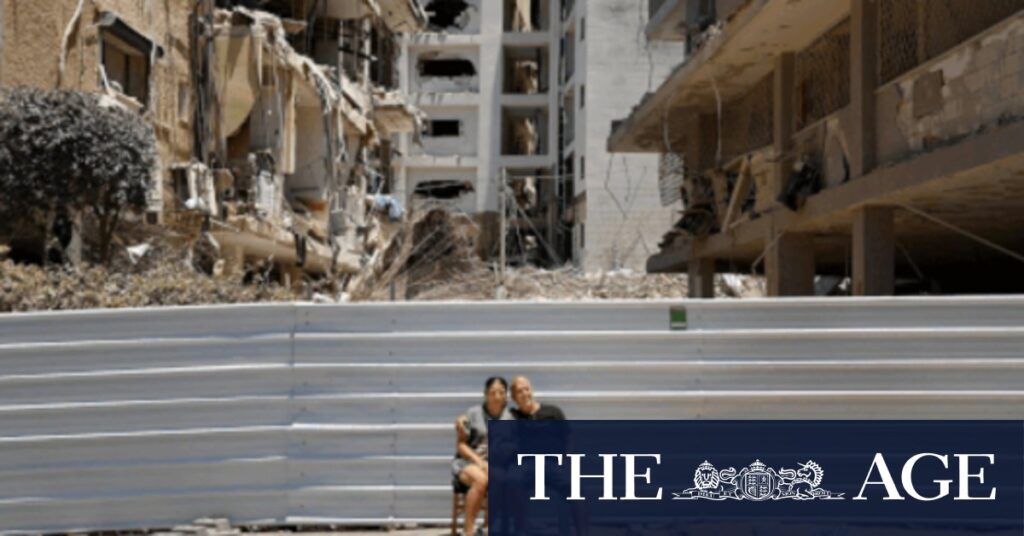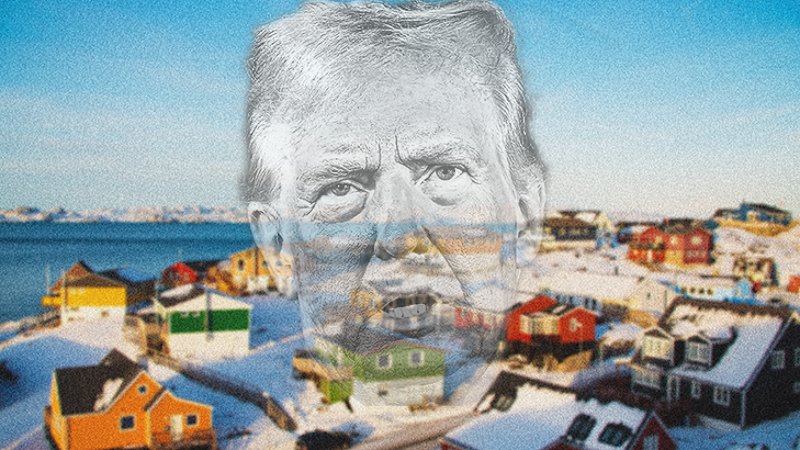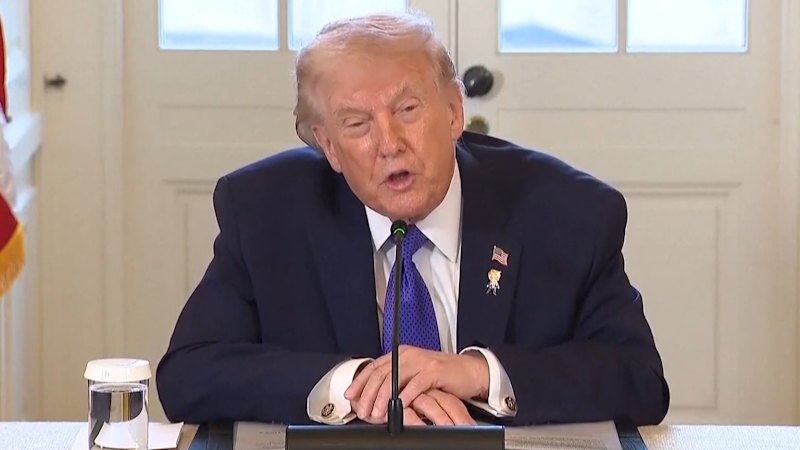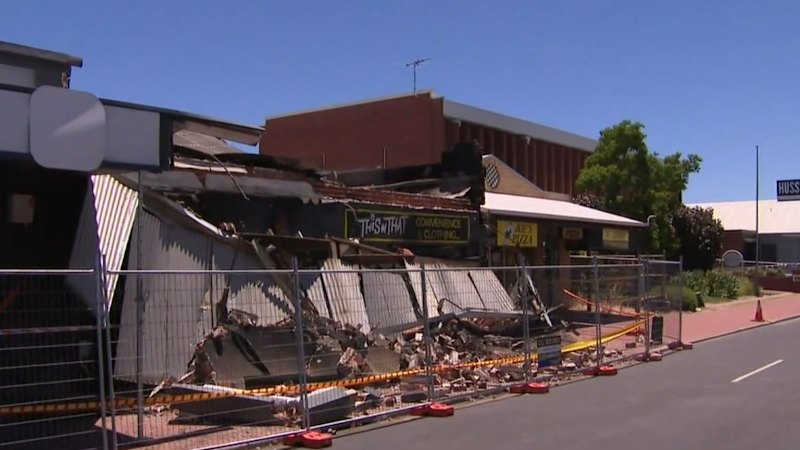
Raja Khatib’s life was forever altered when a missile, intended for a military target, struck his family home in Tamra, Israel. The attack, part of a series of surprise strikes authorized by Israeli Prime Minister Benjamin Netanyahu against Iranian military and nuclear facilities, has ignited a conflict between two of the Middle East’s dominant powers. The aftermath of the missile strike left Khatib grieving the loss of his wife and two daughters, a tragic consequence of the escalating violence.
The Khatib family had returned from a holiday in Italy just days before the missile struck. As he sifted through the rubble of his home, Khatib discovered the bodies of his loved ones. “My palace is gone and I don’t care,” he lamented. “I don’t want to see the house. I will never want to live there again.” His tragedy is compounded by the knowledge that if they had stayed in Italy a day longer, they might have avoided the catastrophe.
Political and Social Tensions Rise
The missile that destroyed Khatib’s home was part of a broader conflict that has highlighted deep-seated divisions within Israeli society. A video showing people celebrating the attack on Tamra with anti-Arab chants has been widely condemned, including by Israeli President Isaac Herzog. “The missile makes no distinction,” Netanyahu stated, emphasizing unity against a common threat. However, the incident has underscored the political and social rifts between Jewish and Arab Israelis.
A survey by the Israel Democracy Institute found that while 82% of Jewish Israelis supported the strikes on Iran, 65% of Arab Israelis opposed them, suspecting political motivations behind the timing. Khatib himself believes the strikes were a distraction from Netanyahu’s political scandals and his handling of the conflict in Gaza.
Voices of Support Amidst the Chaos
In contrast, some Israelis, like Ronen Sha’a Shua from Bat Yam, have expressed support for Netanyahu’s actions. Despite losing their home to an Iranian missile, Ronen and his partner Ivanka feel more patriotic and supportive of the war efforts. “I’m not even mad about this because I support the war,” Ronen stated, expressing confidence in Netanyahu’s leadership.
Netanyahu, Israel’s longest-serving prime minister, has long viewed a nuclear-armed Iran as an existential threat. His calls for international intervention were finally answered when former U.S. President Donald Trump authorized strikes on Iran’s nuclear facilities. While the effectiveness of these strikes is debated, with some assessments suggesting only temporary setbacks to Iran’s nuclear program, they have been hailed as a strategic victory by many in Israel.
International and Domestic Repercussions
Globally, the strikes have been met with mixed reactions. While Trump declared the Iranian facilities “obliterated,” a leaked U.S. Defense Intelligence Agency report suggested otherwise. Analysts warn that the conflict might push Iran closer to developing nuclear weapons, a concern that resonates deeply in Israel, where the operation has been seen as a necessary measure to curb a looming threat.
In Israel, Netanyahu’s popularity has surged, with his Likud party gaining traction in recent polls. However, his critics, like Gershon Baskin, fear his renewed electability could lead to further divisions. The complex relationship between Netanyahu and Trump also adds layers to the geopolitical landscape, with Trump oscillating between criticism and praise for Netanyahu.
Future Implications and Political Landscape
As the ceasefire holds, the long-term implications of Operation Rising Lion remain uncertain. Veteran U.S. Middle East negotiator Aaron David Miller noted Netanyahu’s strengthened position, describing him as a “colossus” in Israeli and U.S.-Israeli politics. Even in Tel Aviv, a city known for its progressive stance, there is grudging respect for Netanyahu’s decisive action against Iran.
Despite the political gains, Netanyahu faces ongoing legal battles, with charges of bribery, fraud, and breach of trust looming over his leadership. Some Israelis believe he should step down while on a high note, yet with the political left in disarray, Netanyahu’s path to re-election seems increasingly plausible.
The conflict and its aftermath have not only reshaped political alliances but also reignited debates about national security, identity, and the future direction of Israeli society. As Israel navigates these turbulent times, the voices of those like Raja Khatib remind the world of the human cost of geopolitical strategies.






